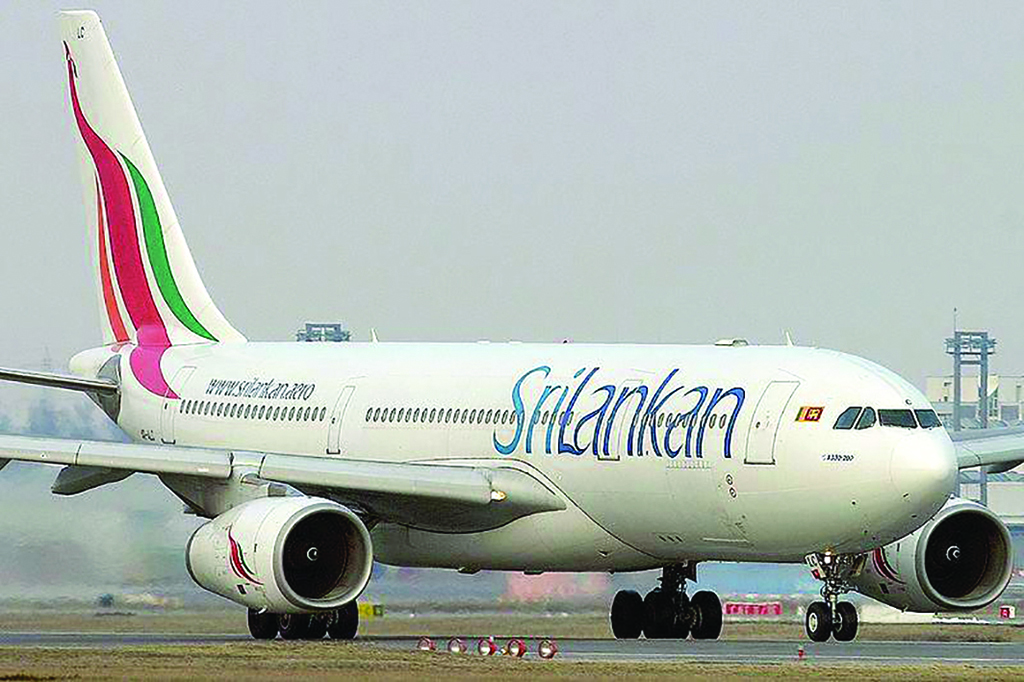COLOMBO: Cash-strapped Sri Lanka's national carrier on Monday ended direct flights to Russia-the crisis-hit island's biggest source of tourists-because of the Ukraine war. It was the only operator of direct connections and the move is a major blow to Sri Lanka's hopes of reviving its pandemic-battered tourism industry and earning foreign exchange to import food, fuel and medicines, which are in short supply.
Sri Lankan Airlines said it was stopping the Colombo-Moscow route with immediate effect, blaming prohibitive insurance rates after Moscow's invasion of Ukraine. In addition, international sanctions on Russian banks made it impossible for its Moscow office to repatriate its earnings, a spokesman told AFP.
No Russian airline operates direct flights between the two countries. Sri Lanka is grappling with its worst economic crisis since its independence from Britain in 1948. Out of the 82,300 foreign tourists who visited the country in January, about 13,500 or 16.4 percent were Russians, followed by 11,750 Indians and 7,770 Ukrainians.
Sri Lankan Airlines operated three flights a week to the Russian capital until fighting broke out last month and had reduced the frequency to two. Travel agents said Colombo-Moscow airfares on alternative Middle Eastern carriers spiked after the Sri Lankan Airlines decision.
The airline said its pullout was due to "operational restrictions that are outside of the airline's control" and promised to refund those with flight bookings. "We are closely monitoring the situation and we want to resume flights on this sector as soon as possible," an airline official told AFP. "Commercial factors forced us to halt the flights." The collapse of the leisure sector soon after the pandemic broke out in 2020 saw Sri Lanka lose more than four billion dollars in tourism revenue.
Russia is also a key buyer of Sri Lanka's tea, the main export commodity. The country is gripped by shortages of food and fuel as commercial banks have run out of dollars to finance essential imports. Colombo has said it will seek an IMF bailout as the country's foreign currency reserves had hit $2 billion at the end of February, compared to $7.5 billion two years ago. - AFP











